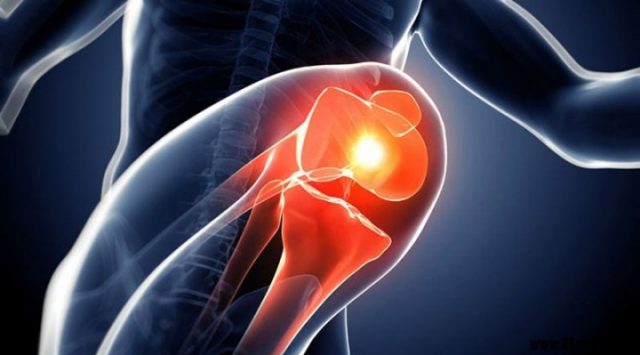What Your Noisy Knees Are Trying to Tell You
Researchers set out to identify some early warning signs of osteoarthritis that might allow you to get ahead of the creaky knee curve - here's what they found.
Researchers set out to identify some early warning signs of osteoarthritis that might allow you to get ahead of the creaky knee curve – here’s what they found. – By Macaela MacKenzie

If you’re familiar with a pop when you flex your leg or an audible creakiness as you stretch out after a run, listen up: A snap, crackle, pop in your knee joints – even if it’s painless – might be a major predictor of arthritis down the road, researchers from Baylor College of Medicine discovered.
Researchers set out to identify some early warning signs of osteoarthritis that might allow you to get ahead of the creaky knee curve. Specifically, they looked at whether painless popping or snapping in the joint, also known as crepitus, pointed to full-on symptomatic arthritis later on.
They analysed four years of data from the Osteoarthritis Initiative, looking at participants who had at least one knee without any symptomatic arthritis (meaning no pain). They found that painless popping was very predictive of the development of painful knee arthritis over the next year.
Of all the symptomatic osteoarthritis cases found in the study, 75 per cent of them came from participants who previously showed signs of creaking and popping but no knee pain. Participants who sometimes had creaky knees were just under twice as likely to develop painful signs of arthritis within a year, while those who reported constant creaking were three times as likely.
If you’re already familiar with creaky knees but don’t feel any pain yet, there are things you can do to reduce your risk down the road, namely targeting obesity, since extra weight puts pressure on the knees that wears away cartilage.
In fact, in a separate study released this month, researchers from the University of California at San Francisco found that overweight and obese individuals who lost just 5 per cent of their body weight saw significant declines in cartilage degeneration. If you can drop 10 per cent, you’ll save even more cartilage.
READ MORE ON: injury-prevention lifestyle training programmes

